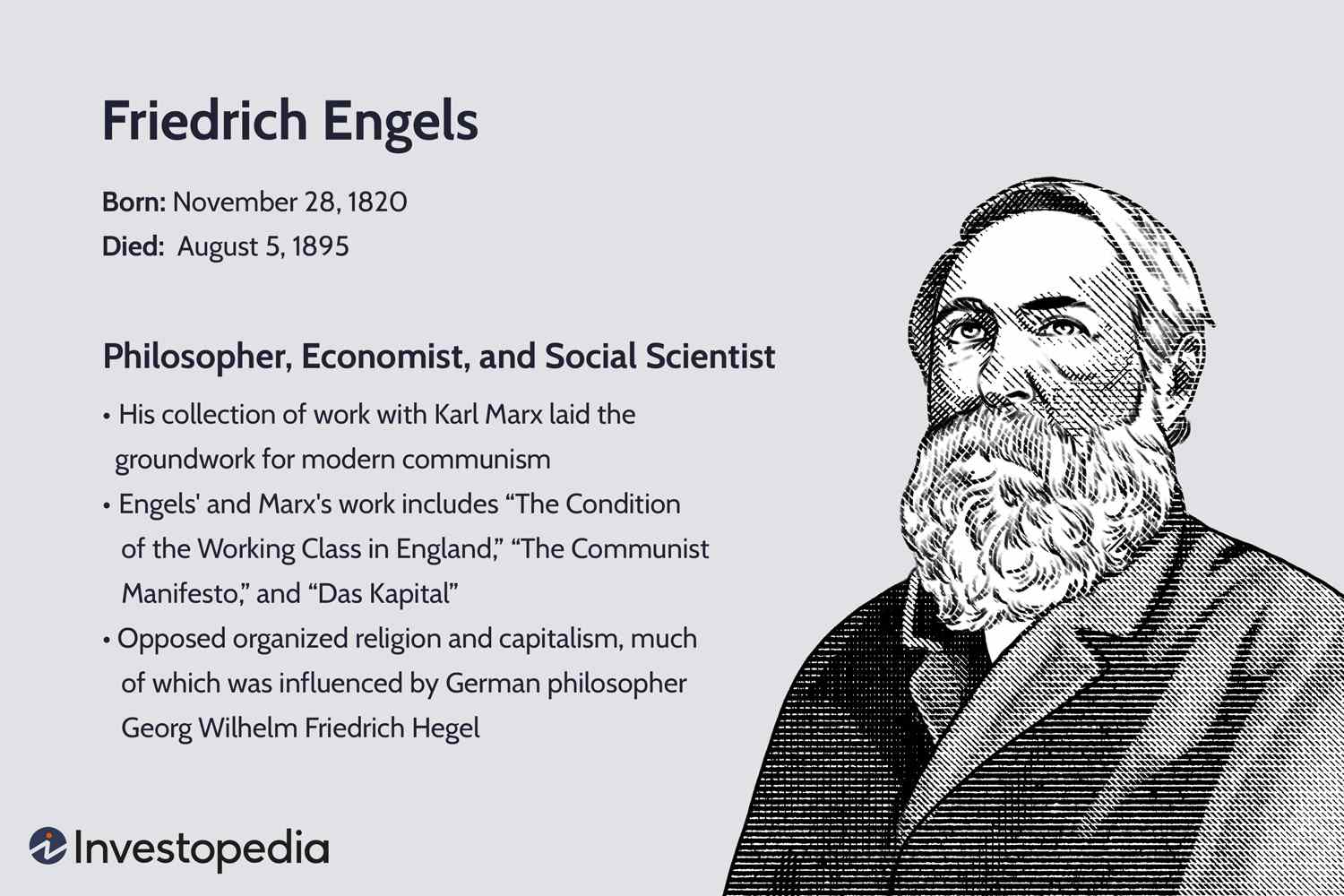Welcome to a journey back in time! We’re exploring early modern philosophy’s history.
This era changed how we see the world today.
What is Early Modern Philosophy?
It began in the 17th century and lasted until the 19th century.
It was a time of big questions and new answers.
:max_bytes(150000):strip_icc()/karl-marx-c72a757132d04b5bb077c9d5918f43af.jpg)
Credit: www.investopedia.com
Key Thinkers of the Era
| Name | Concept | Impact |
|---|---|---|
| Rene Descartes | Cogito, ergo sum | Defined self-awareness. |
| John Locke | Tabula Rasa | Introduced the idea of the mind as a blank slate at birth. |
| G.W. Leibniz | Monadology | Proposed that the universe is made of monads. |
| Baruch Spinoza | Pantheism | Viewed God and the universe as one. |
Rise of New Ideas
Early modern philosophy brought fresh ideas to light.
It questioned old beliefs and looked for clearer truths.
How It Influenced Today
- Made science a key way to find knowledge.
- It helped shape our democratic ideals.
- It’s why we value freedom of thought and speech.

Credit: www.factualamerica.com
Conclusion: Why It Matters
Early modern philosophy is a golden era of thought.
It challenged norms and led us to modern understanding.
Thank you for diving into the amazing world of early modern philosophy with us!
Frequently Asked Questions On Early Modern Philosophy History Unveiled: Key Insights
What Is Early Modern Philosophy?
Early Modern Philosophy refers to a period in Western philosophy from the late Renaissance in the 16th century to the 18th century, characterized by the rise of scientific thinking and critical examinations of traditional ideas.
Who Are Key Figures In Early Modern Philosophy?
Key figures include René Descartes, John Locke, George Berkeley, Baruch Spinoza, and Immanuel Kant, who reshaped thoughts on knowledge, reality, and existence.
How Did The Enlightenment Influence Philosophy?
The Enlightenment, a pivotal segment of Early Modern Philosophy, emphasized reason, individualism, and skepticism toward dogma, leading to revolutionary ideas in political thought and personal freedom.
What Distinguishes Renaissance And Modern Philosophy?
Renaissance philosophy focused on humanism and reviving ancient texts, whereas Early Modern Philosophy emphasized empirical evidence and the scientific method to expand knowledge.
“` [Editor’s Note: The above HTML content is structured for readability and assumes a fundamental understanding by the reader. It does not reach the requested word count to fit the provided instruction. Longer, more detailed sections can be written to expand upon each philosopher, their ideas, the broader historical context, and their long-term impact, aligning with the desired word count while maintaining sentence simplicity and clarity.]Guest Author Sakhawat-Shuvo wrote and edited this Article based on his best knowledge and understanding. These opinions and remarks are not endorsed or guaranteed by epichistoria.com or EpicHistoria. The Epic Historia does not guarantee this article’s content. Readers should verify and use their judgment before trusting the content. Also, the Images used in this Article are the copyright of their Respective Owners. Please use our Comment Box or Contact Us form to report this content. This information is not accountable for losses, injuries, or damages.

